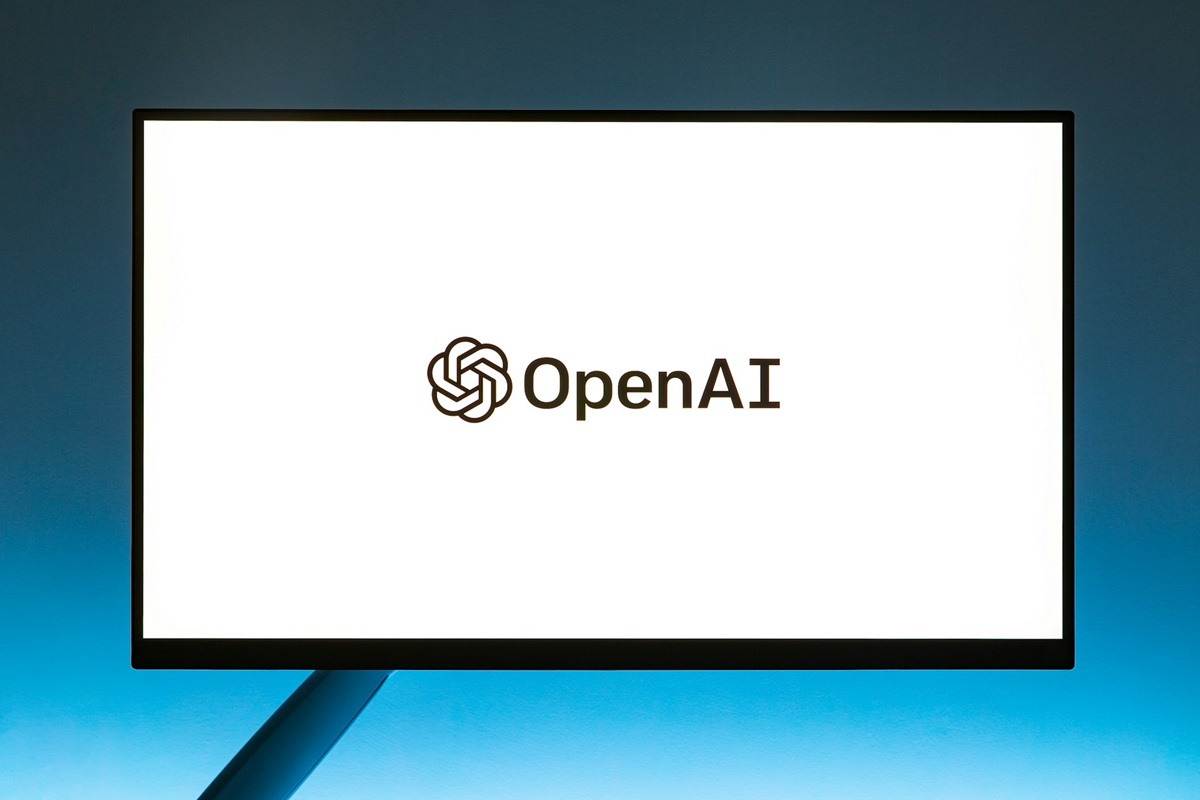OpenAI has decided to delay the release of a much-anticipated voice assistant feature for its chatbot ChatGPT, which is one of the most popular products in its class globally.

The mentioned company attributed the later release of a new feature for its specified digital product to the desire to work to ensure the safe and effective processing of requests from millions of users. The firm has not yet announced a new release date for the voice assistant, but preliminary statements indicate that the launch of this feature for the chatbot from OpenAI will take place before the end of the current year.
The company, which is one of the main players in the artificial intelligence industry, demonstrated the voice option to the public for the first time at an event held in May. This feature is intended for GPT-4o, a new version of the GPT-4 machine intelligence model, which demonstrates a higher level of efficiency in solving tasks such as generating text materials and other content in the form of images and audio. It is worth noting that the mentioned processes are carried out in real-time.
In an OpenAI statement released last Tuesday, June 25, it is noted that the company originally intended to roll out a voice feature for a small group of paid ChatGPT Plus subscribers at the end of the current month. Over time, the firm decided that it needed another month to reach the bar to launch. The company’s statement also notes that activity is currently underway to improve the GPT-4o’s ability to detect certain content and refuse it. Moreover, nowadays OpenAI improves user experience and prepares its infrastructure to scale to millions of consumers while maintaining real-time responsiveness.
It is possible that the company faced a setback due to the postponement of the launch of the voice assistant. In the context of these considerations, it is worth noting that delaying is aimed at ensuring that the firm can remain one of the main players in the artificial intelligence industry, where there is currently increased competition amid an increase in the number of startups developing AI and offering their digital products to the consumer community. It is highly likely that in the future, maintaining a leading position will become an increasingly difficult task. This assumption is justified by the fact that the artificial intelligence industry is currently on a trajectory of active development and rapid scaling. The corresponding tendency provides for a natural increase in competition.
Last year, OpenAI introduced a more limited option for ChatGPT to talk back to users. The new feature promised to be faster and combined with powerful image recognition capabilities. This option is designed to transform a chatbot into a much more useful and dynamic conversational partner.
During the May event, OpenAI employees demonstrated that ChatGPT responds almost instantly to requests, such as solving a mathematical problem on a piece of paper in front of a researcher’s smartphone camera.
On Tuesday, the company announced its intention to roll out the voice feature to all its paid subscribers in the fall. OpenAI is also developing video and screen-sharing functions, which the firm demonstrated during the May event. The company will allow users to know more about the timing of the introduction of new features in the future.
It is possible that the voice option after it becomes available to select paid subscribers, will have more limited capabilities compared to those abilities that were demonstrated at the May event. For example, a chatbot may not be able to access a computer vision function that would allow it to spoken feedback on the user’s dance moves using a smartphone camera.
It is worth noting that during the period of active development of artificial intelligence and the integration of advanced technology into various workflows, the issue of cybersecurity has become more relevant. In this context, special attention should be paid to the fact that fraudsters also have access to machine intelligence. User awareness is important to counter the actions of cybercriminals. For example, an Internet search query such as how to know if my camera is hacked will allow anyone to get information about signs of unauthorized access to the device.









